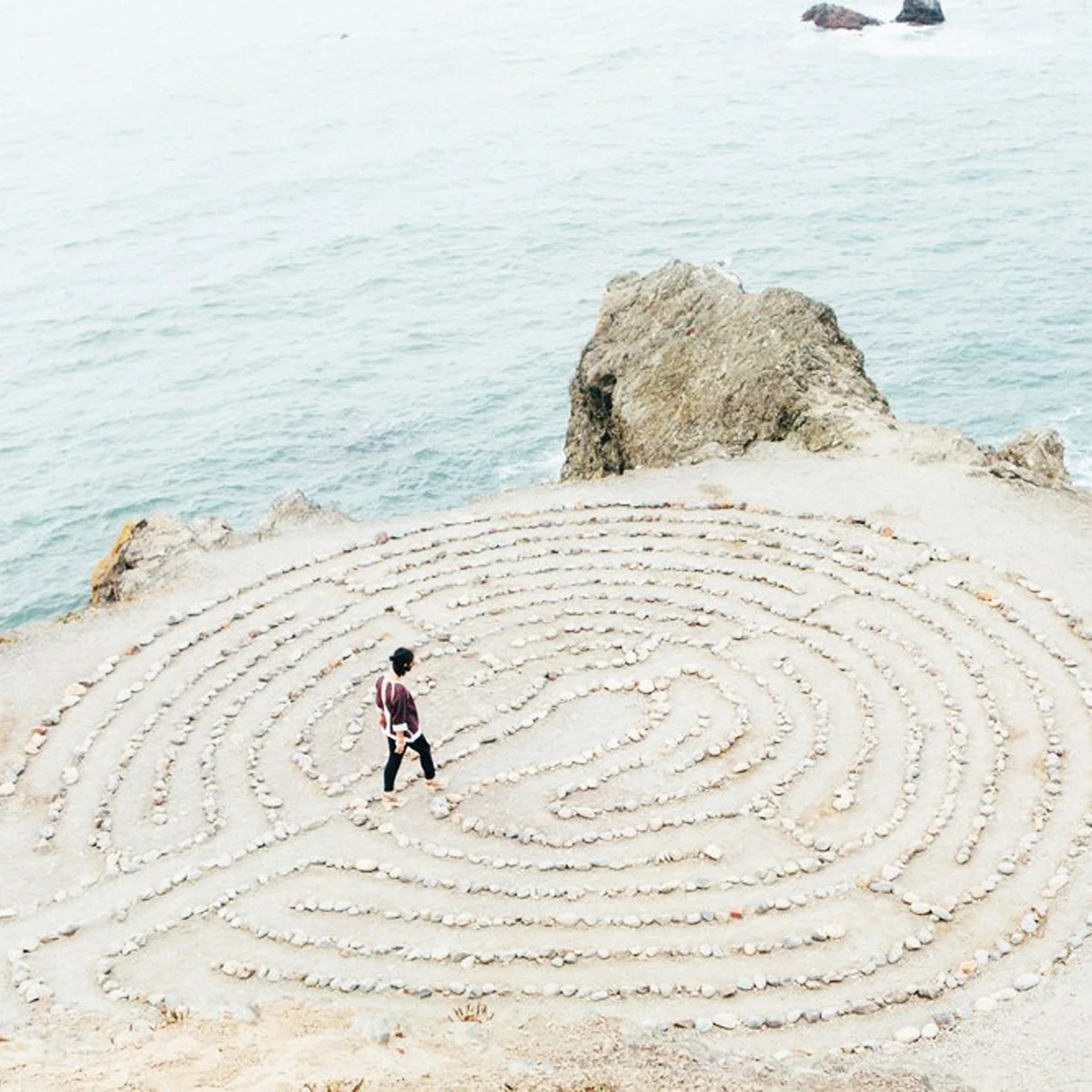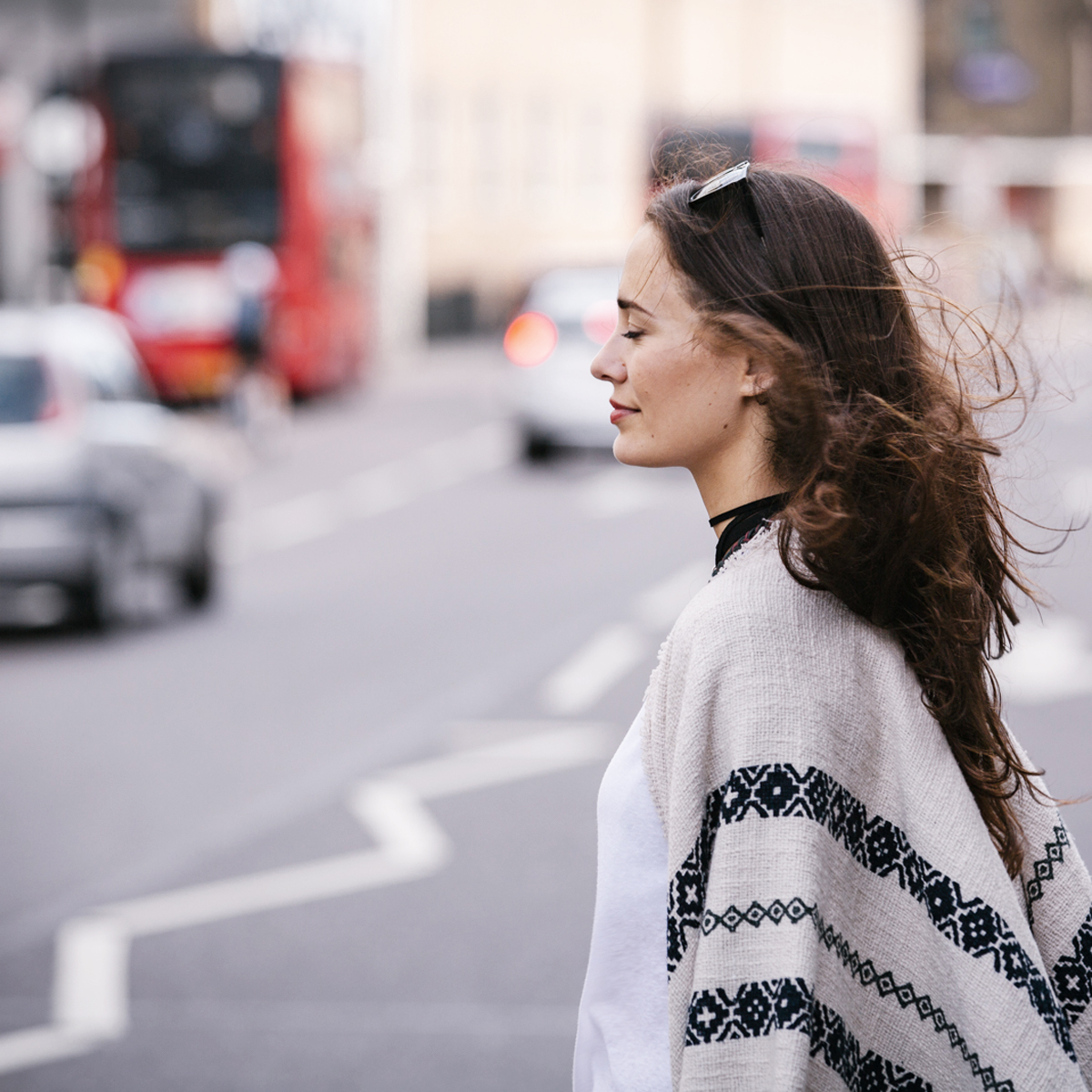Meditation Medication: How Mindfulness Affects The Body
Amidst jamming our schedules full of juice-cleansing, vitamin-popping and spinning, it seems many overlook one fairly important element in our efforts to improve our wellbeing: our brains.
An overwhelming body of scientific evidence suggests that maintaining general health of the brain has a significant effect on our body systems. Once an ancient Eastern technique to transform consciousness, and a practice that can take many different forms, today we’re beginning to understand the neuroscience behind how meditation can benefit our health and wellbeing.
Neuro-Health
When researchers recently conducted MRI brain scans on monks during meditation, they found that being in a meditative state activated a particular region of the brain known as the anterior insula, or insular cortex. This region (located in the deep folds of the cerebral cortex) is known for regulating physical states, such as hunger, as well as contributing to the management of our immune and endocrine systems. In other words, it was found that practicing meditation influences how immune responses and stress hormones are activated in our bodies.
"Studies suggest that we can effectively learn to uncouple from the sensory or “narrative self”, and therefore influence our working memory capacity to reduce feelings of being overwhelmed."
In has also been shown that, by strategically manipulating our mental state through a regular mindfulness practice, we can alter the way in which our brain process stimuli. We can also influence the way we experience emotions such as compassion, which arises as certain brain wave patterns in the folds of the anterior insula.
Similar kinds of patterns in the anterior insula were found in yet another study, where researchers observed alterations in brain and immune function of a group of people new to mindfulness practice who had recently taken an eight-week training program in mindfulness. The participants, 'normal’ healthy employees in a work environment (as well as a control group of ‘non-meditators’), were injected with an influenza vaccine to examine how their brains would react after this eight week course. Indeed, the researchers found a significant increases in left-sided anterior activation in the brains of the meditators (vs. the non-meditators), as well as an increase in antibodies responding to the vaccine.
Could this mean that practicing meditation daily could be as crucial to our wellbeing as taking vitamin C when we feel a cold coming on? Possibly. While there is still much research to be done, there is enough evidence to suggest great physical and mental benefits of sitting quietly for even 10 minutes a day.
VINAYA Meditation
The daily ‘silence’ time we encourage at VINAYA is a simple meditation practice used with the intention to improve immunity and brain health. Anyone can attempt it, even the skeptics:
Take this time to silence any distraction, such as your smartphone, and set a timer for 10 minutes. Sit quietly and close your eyes, begin focusing on your breath, as you connect your inhale to your exhale. Imagine being somewhere far away from your current state. Imagine a place you feel safe, secure and present. Are you on a beach, in a forest, or perhaps on top of a mountain? Imagine the space around you. How does it smell? What is the temperature? What does the breeze feel like? What do you hear? What do you see? How do you feel? Continue to imagine and visualise the details of this space using all of your senses...
Having trouble visualising? An active meditation practice can involve unscripted mental doodling. Close your eyes and concentrate on your breath, breathing in and out through your nose. Notice how it feels. Now imagine a pencil and a blank piece of paper: with your mind, guide the pencil across the page slowly creating shapes on the page. Focus only on the tip of the pencil and the shape it is drawing. Draw anything you feel like, and breathe. When 10 minutes have passed, pull your awareness away from the tip of the pencil and visualise the entire doodle. How do you feel?










